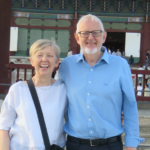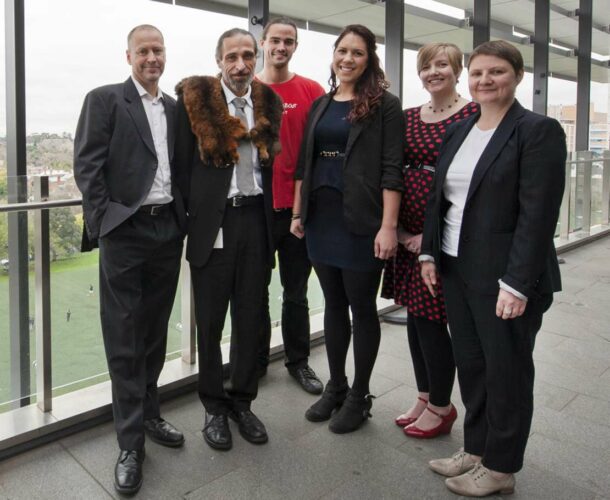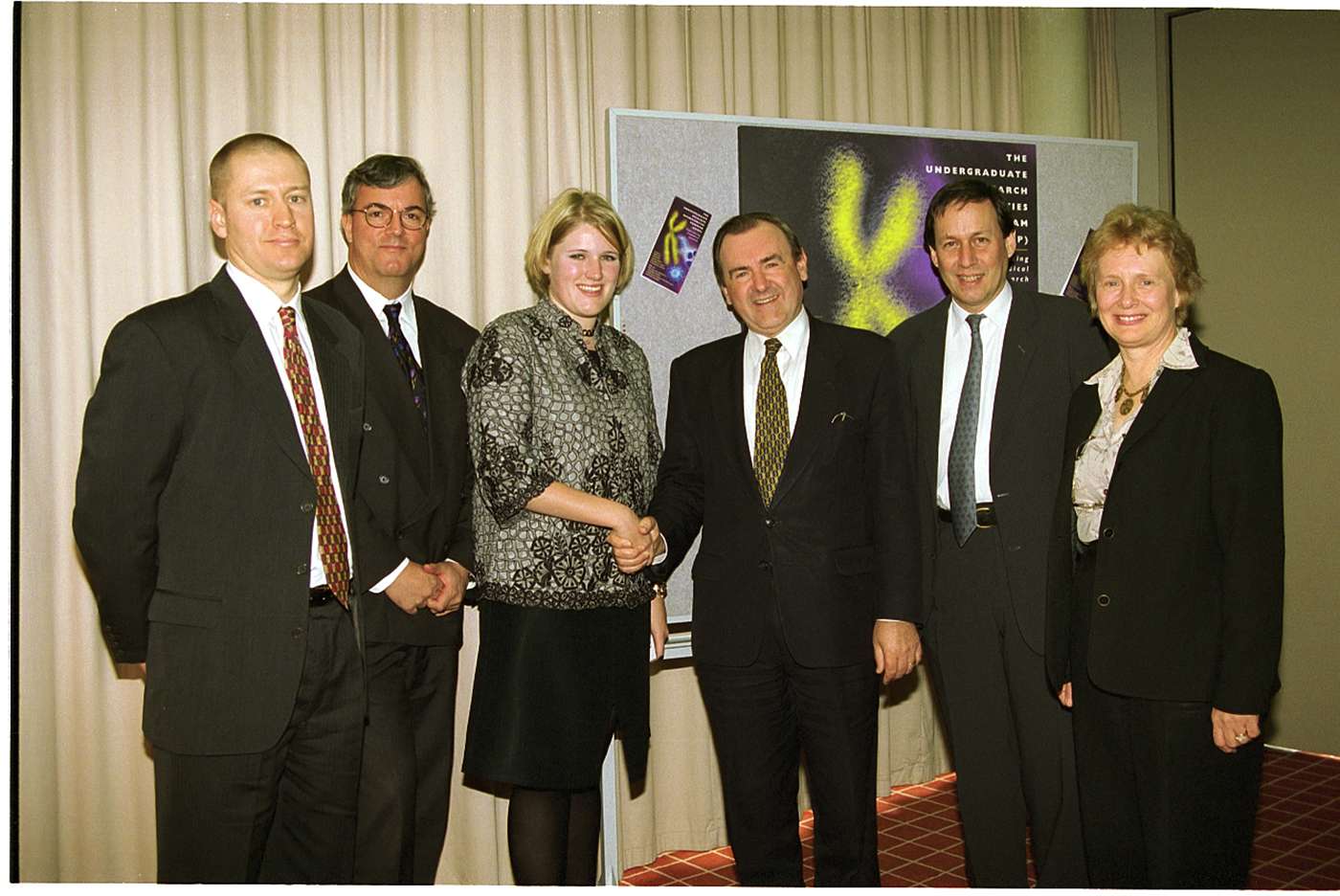From left to right: Institute director Professor Doug Hilton, Wurundjeri Elder Colin Hunter Jr, Reconciliation Committee members Jason Brouwer, Ngaree Blow, Rhiannon Jones and Equity & Diversity Officer Louise Johansson.
The Walter and Eliza Hall Institute launches our first Reconciliation Action Plan with advice and support from Reconciliation Australia. The plan provides the institute with a clear framework to help shape our work on the reconciliation agenda and will assist us to build a strong foundation to take us to the next stage of our reconciliation journey.
As Australia’s premier medical research institute, we have a responsibility to contribute to improving health outcomes for Aboriginal and Torres Strait Islanders.
Increasing cultural awareness and opportunities
The institute has established a Reconciliation Committee, drawing on staff and students from our Scientific divisions and Professional Services teams, as well as Aboriginal and Torres Strait Islander external colleagues. The group aims to increase reconciliation awareness amongst staff and students, as well as develop community partnerships with similar organisations, such as the Lowitja Institute. The committee sits alongside other key institute committees including those on gender equity, research ethics and education.
Strategic planning
It is a testament to the commitment of the institute to ensure reconciliation is a part of our culture and scientific work that Aboriginal and Torres Strait Islander people are a key focus in the institute’s strategic plan. Institute director Professor Doug Hilton said improving Indigenous health outcomes was an essential part of our future research planning.
“We need to capitalise on the momentum already begun in creating mutually beneficial partnerships. Responding to Aboriginal and Torres Strait Islander health issues will be part of the institute’s five-year strategic plan,” he said.
The institute will give specific attention to creating meaningful and sustainable training and employment opportunities for Aboriginal and Torres Strait Islander people. These activities will include contributing to educational outreach activities, building a culturally accessible and inclusive organisation, in addition to enhancing our relationships with Aboriginal and Torres Strait Islander stakeholders.
CareerTrackers
The institute has a strong drive to contribute to investing into the future of medical research; talented young researchers are vital for this development. CareerTrackers is a national non-profit organisation that creates multi-year internship opportunities for high-performing Aboriginal and Torres Strait Islander university students. Professor Hilton said the institute’s involvement in the CareerTrackers program would provide opportunities to support Aboriginal and Torres Strait Islander students.
“This program gives us an opportunity to actively contribute to increase the numbers of Aboriginal and Torres Strait Islander people working in scientific research while providing students with a unique experience,” he said.




